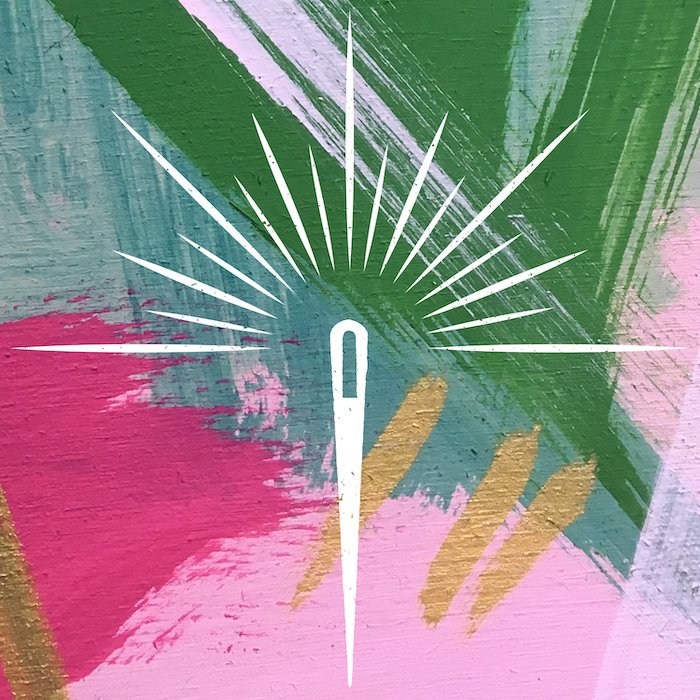Q&A | Changes Bristol
Earlier this week our Partnerships Lead, Amber Rochette, chatted with Alex Henden from Changes Bristol. We are delighted that the organisation is also one of SFW’s latest partners.
We know that Changes is a peer-led organisation, can you briefly explain what it is you offer to the community?
Changes Bristol is a a community based mental health charity that provides free peer support groups and one to one befriending services to help improve people’s mental wellbeing. Our services are run by volunteers who have lived experience of various forms of mental health distress, creating a safe, inclusive and non-judgemental space for our members to share.
What would you say are the main benefits of different communities connecting and engaging with each other through these support groups that you offer?
Changes Bristol hold peer support groups which are open to everyone. Anyone, from any background, community and economic status can suffer from mental health distress and the groups are a space which are free and available no matter who you are to share your experiences and through this the members will have better confidence, resilience and self esteem.
Do you think sustainability, and the SDGs play any part in the charities day to day activities?
As a small charity, sustainability has been a huge factor in decisions made from Changes Bristol; be this in decisions made looking at our services, the spaces where we work and our events. The SDGs are hugely important to Changes Bristol as all of these factors make a difference to mental health, especially areas such as good health and wellbeing, no poverty and reduced inequalities.
Do you think there is a correlation between 'slow fashion' and a better mental wellbeing?
There are many ways that slow fashion can create better mental wellbeing. Sewing is proven to be a mindful practice, calming the mind and reducing stress. In gaining a skill such as sewing and to apply this to repairing and altering clothing and textiles around the home can offer a person a huge sense of achievement, pride and gratitude. Slow fashion is also better for the environment reducing feelings of stress and anxiety based on your environmental impact.
Changes was established 18 years ago now, what do you hope you achieve in the next 5 years?
Changes was set up 18 years ago with our first peer support group set up. Since then, we have grown to a charity which currently offers 10 online and 6 in-person peer support groups, as well as befriending for one to one support which services about 70 people. Of these meetings, we also offer support specifically for women only, men only, women of colour and the LGBTQ+ community. We also train and support over 100 volunteers who have lived experience of mental health distress.In the next 5 years Changes Bristol will have reopened all 12 previous in-person peer support groups which were held before the lockdown, as well as continuing their new services with online groups and befriending. Our befriending service will be extending to offer physical walk and talk sessions as well as telephone support. We would hope to be continuing to help people based in Bristol as well as extending into South Gloucester and North Somerset. Based on feedback and requests from our members, we would also be prepared to continue opening groups designed to support specific groups of people, both online and in-person.
What is the best way for people who need help, or want to help, to get involved with Changes?
If you are 18 or over and suffering from anxiety, depression, stress or any form of mental health distress please do get in touch. You can find information on our services, sign up to become a member, find out on recent news and donate to the charity via our website - changesbristol.org.uk
You're also welcome to contact us directly on info@changesbristol.org.uk / 01179411123.

